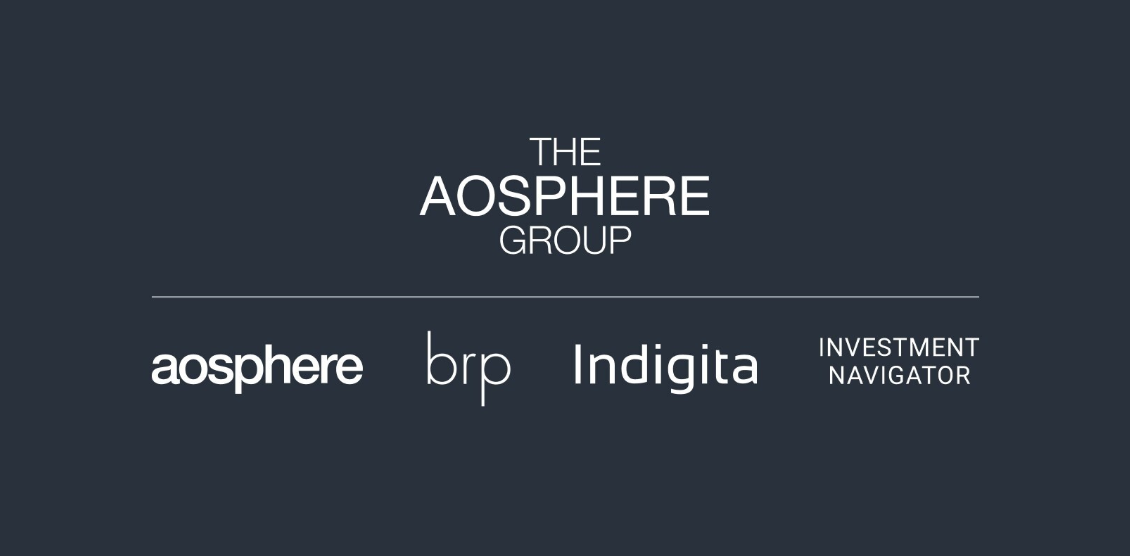Tuesday, 28 May 2024
by Laura Vermeulen, Head of Strategy and Business Development at Indigita SA
Context
The aftermath of the 2007-2008 global financial crisis prompted worldwide attention to the Too Big To Fail (TBTF) problem. The crisis unveiled the vulnerability of financial market participants, whose massive size and intricate interconnections posed threats to financial stability.
In response, measures were enacted to address the TBTF dilemma, aiming to mitigate risks, prevent future financial crises, and minimize the economic fallout. Despite these efforts, TBTF challenges persisted, culminating in significant events like the takeover of the globally systemically important bank (G-SIB) Credit Suisse by UBS in March 2023.
The urgency and magnitude of the Credit Suisse crisis, combined by the need for government intervention, underscored the gravity of the situation. Emergency measures were deployed, and the banking sector witnessed notable consolidation, leaving only one massive G-SIB remaining in Switzerland. This sequence of events called for a comprehensive examination and reassessment of the TBTF regime, prompting stakeholders to scrutinize its efficacy and implications for financial stability.
Too Big Too Fail Regime
The Federal Council aims to strengthen the TBTF regime by enhancing accountability among banks, their governing bodies, and clients, rather than increasing dependence on government support.
In its recent report on banking stability, the Federal Council laid down three focus areas to fortify the resilience and stability of both G-SIBs and the Swiss financial market in general.
1. Strengthening the prevention regime;
2. Strengthening the liquidity regime;
3. Expanding the crisis toolkit.
Within each focus area, clear fields of actions are outlined as well as specific measures. Out of all the proposed measures, 22 can be implemented directly.
While most of the measures are specifically tailored to the TBTF issues, some apply to the entire banking sector. This second scenario involves measures that enhance the overall stability of the Swiss financial center.
Requirements for Financial Institutions
It is crucial for financial institutions to understand the proposed new requirements to be ready for their implementation and ensure on-time compliance. The table below lists all the measures that apply to banks or any financial institution.
|
Measures |
Scope |
Level |
Section |
|
Introduce comprehensive public disclosure on supervisory procedures |
Financial institutions |
Act |
16.2.4 |
|
Align the prohibition from practicing a profession (industry ban) with the prohibition from performing an activity (activity ban) and extend the existing instrument of disgorgement of profits to other natural persons |
Financial institutions |
Act |
16.4.1.4 and 16.4.2.4 |
|
Enshrine proper business conduct requirements for institutions at the legislative level and strengthen the legal basis covering changes in management bodies |
Banks |
Act |
16.4.3.4 |
|
Make it easier for FINMA to obtain information by extending the duty to provide information and to report |
Financial institutions |
Act |
16.4.4.4 |
|
Tighten regulatory requirements regarding the prudent valuation and the recoverability of certain balance sheet items |
Banks |
Ordinance |
7.5.6 |
|
Strengthen the risk-bearing function of Additional Tier 1 (AT1) capital instruments on a going-concern basis (e.g. clear criteria for suspending coupon payments) |
Banks |
Ordinance/ International standards |
7.5.7 |
|
Strengthen early intervention by the supervisory authority by legally enshrining the relevant measures, applicability and timing |
Banks |
Act |
12.4.2 |
|
In the work on international standards, advocate a critical review of liquidity requirements (Liquidity Coverage Ratio (LCR), Net Stable Funding Ratio (NSFR)) for all banks |
Banks |
International standards |
8.5.1 |
|
Tighten requirements regarding the provision of information about the liquidity situation to the supervisory authority |
Banks |
Ordinance |
8.5.3 |
|
With a view to significantly expanding the potential for liquidity provision via the Lender of Last Resort (LoLR), review and, if necessary, adapt the legal framework, including the introduction of requirements for banks to prepare collateral |
Banks |
Act |
9.4 |
Senior Managers Regime
In its report, the Federal Council also mentions the consideration of a personal liability regime. Such a regime is favourable for fostering a culture of responsibility and integrity at the highest levels. For instance, the UK introduced the Senior Managers Regime (SMR) in 2016 to enhance accountability within banks and insurance companies. Its purpose is to promote better governance and individual responsibility at the most senior levels of financial institutions.
The potential introduction of such a regulatory framework in Switzerland would ensure that boards of directors and senior management are up to date on their responsibilities, undergo relevant training courses, and raise awareness of corporate governance issues.
Conclusion
In industries like banking, where complexity and regulatory demands are high, robust corporate governance structures are imperative to manage financial risks and ensure stability. Corporate governance serves as a critical framework governing the direction and control of companies, fostering accountability, ensuring transparency, enhancing long-term value creation, minimizing conflicts of interest and adhering to legal and regulatory requirements. Whether for G-SIBs, banks, or any other financial institution, the emphasis must be on upholding impeccable governance standards to preserve the integrity and stability of the financial system.
What do we do at Indigita
Indigita SA supports professionals in understanding and navigating the complexities of corporate governance by offering a series of three e-Learning courses that empower industry professionals to navigate the intricacies of corporate governance and implement best practices. These courses cover a wide range of topics, including the roles and responsibilities of stakeholders and the risks associated with poor governance practices. Our courses are specifically designed for board of directors and banking executives.
The e-Learning courses are available as part of a corporate subscription or can be purchased by individuals directly through the Indigita e-Shop:
For more information about Indigita’s Corporate Governance e-Learning offering:




